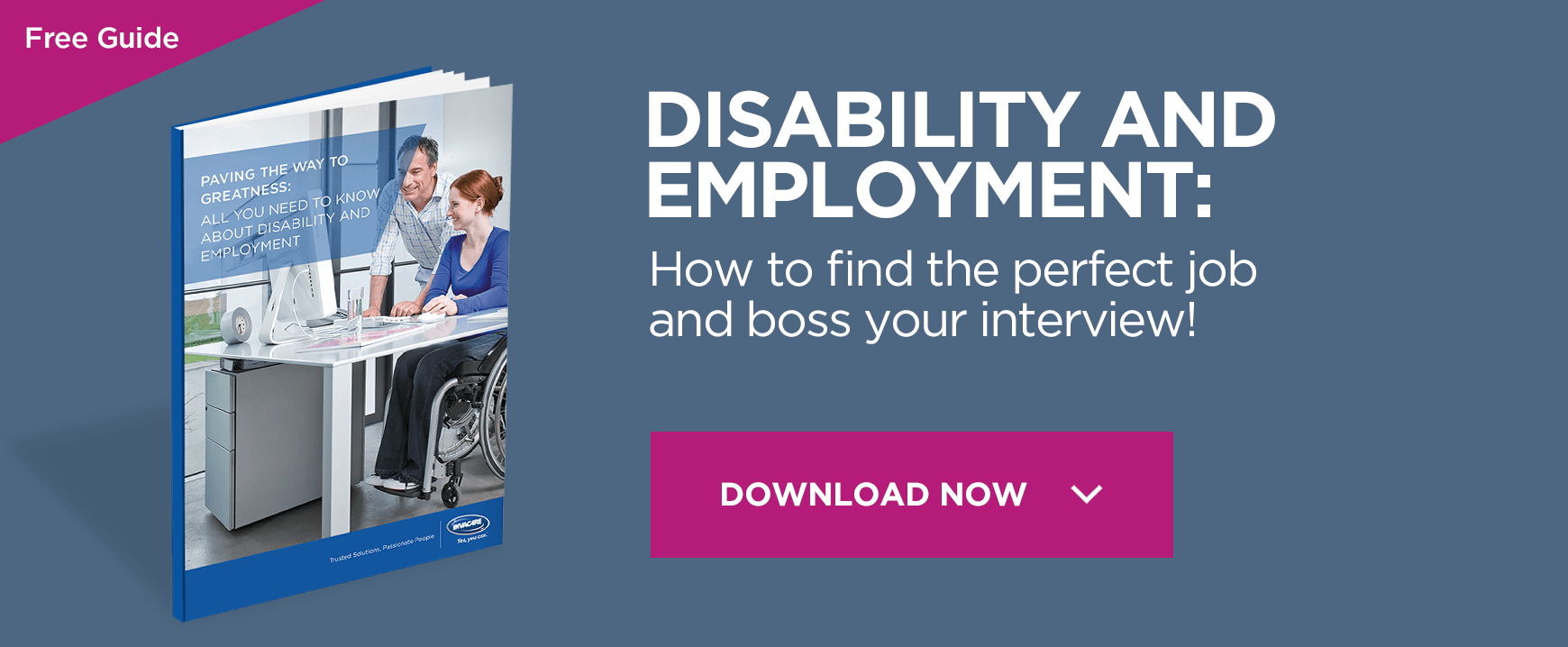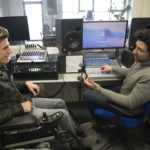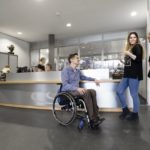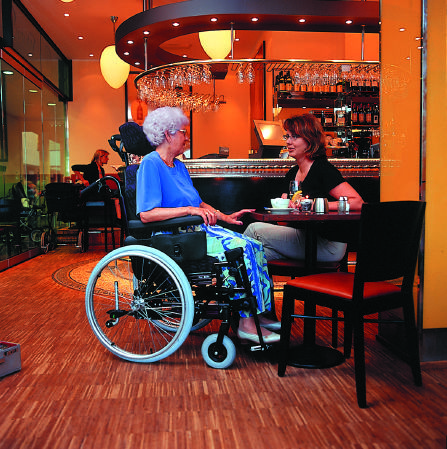8 Tips for Disabled People to Ace a Job Interview
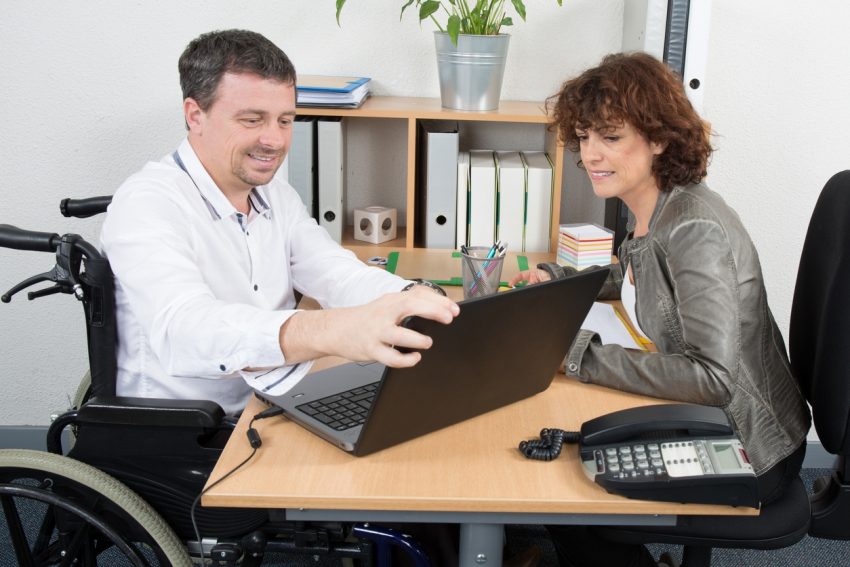
Anyone looking for a job can find the situation tough. Yet for disabled people, the process can be tougher still even in ‘enlightened’ Europe, with inaccessible interview locations to employers with bad attitudes getting in the way. Well, here’s how to fight back.
The below tips can increase the probability of getting a job offer, and can provide you with fresh hope. Just prepare well, and make your own luck.
Interview Tips for Disabled People:
1. Investigate the location’s accessibility.
Using this tip will depend on your particular impairment, but above all, you need to be able to make sure that you can get into the interview room. Do they have any steps that would block a wheelchair? How far is the interview room from the carpark, and do they have disabled parking spaces? Is there an accessible bathroom? Are guide dogs welcome, and is there a hearing loop in the building or interview room? The employer should let you know about all of these things ahead of the day, but if they don’t, make sure you ask. Also remember that you should be interviewed under the exact same conditions as an able bodied candidate if an employer wants to conform to equality legislation.
2. Remember to ask good questions.
Questions show interest in the position that you’re applying for, but they’re also a sneaky way for you to show how much you fit the role or to assuage any of the interviewer’s concerns. Always include a question that shows you’ve researched their organisation like ‘As your company released a new product line last month, is it planning expansion into a new territory?’ Three questions is a good number to aim for.
3. Be prepared to talk about your CV.
Make sure you print out two copies of your CV – one for you to refer to and one for the interviewer. When you are inevitably asked about items on your CV, having a copy in front of you will stop you forgetting important points. Of course, it goes without saying that everything on there must be truthful.
4. Confidence is key.
Interviews can be nerve wracking, but there are ways to increase your confidence. First of all, know that even if everything goes wrong, wild tigers aren’t going to eat you. There will be other interviews. In fact this free e-book is crammed with tips for disabled people to find and getting a new job. Next, be aware that the adrenaline in your system will help you remember things and be on top form. Positive self talk can even trick your mind by saying to yourself “I’m excited, I’m excited” as opposed to “I’m stressed out” before the interview. Listening to powerful music shortly before, writing a letter about a time when you felt powerful, and striking power poses before the interview are all good too. Just don’t overdo it and come across as overly confident.
5. Discussing your disability with an employer.
You’re not required to answer anything about your disability that makes you feel uncomfortable, but answering appropriate questions may help a potential employer make reasonable adjustments. If you have a hidden disability and adjustments will be necessary, it’s best to bring this up at the interview stage. However during the interview, keep the focus on how great a candidate you are, and all the things you can do.
6. Prepare answers to interview questions.
Companies have been holding interviews for years making their questions fairly predictable, and you can even buy books on interview questions. Taking an hour or so to work out your responses will help you come across as a polished candidate. It will even help your confidence, but try not to sound rehearsed.
7. Bring a portfolio of work.
If it’s appropriate to the role you’re applying for, bring along a selection of past work along that you’re proud of. You can refer to examples from the portfolio in your answers. Even if you’re starting out in a line of work, you can create mock pieces to show what you’re capable of.
8- Provide a letter of recommendation.
If you’ve volunteered with a charity or had a good experience with an employer, see if you can get a letter of recommendation that you can print off and leave with interviewers as you exit the room. It will boost your credibility. Also it will ensure that the interviewer remembers you in a positive light.


